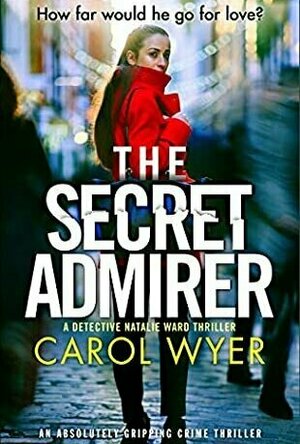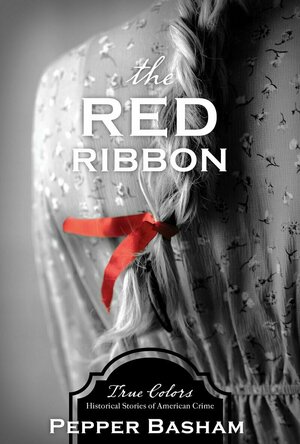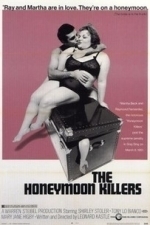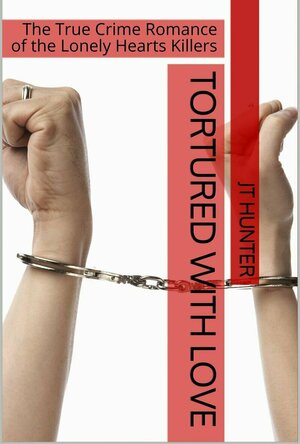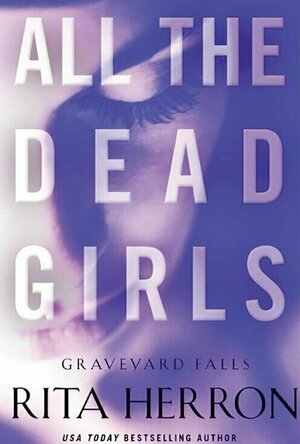Christine A. (965 KP) rated The Secret Admirer (Detective Natalie Ward Book 6) in Books
Apr 2, 2020
The Secret Admirer is the 6th book in Carol Wyer's Detective Natalie Ward series. I enjoyed books 1 - 4 and was surprised to learn I had missed the 5th, The Blossom Twins. I read it before beginning this and I am so glad I did.
Detective Natalie Ward is immediately thrust into a case after she returns to work. A student is found dead from an acid attack. As Ward has learned, everyone has secrets. Now, she has to uncover the secrets surrounding Gemma and her murder.
All of the books in the series focus on a crime and the police team's interactions with each other and with their home life. This book continues the storyline well. Ward's family, the team and their families continue to be a large presence in the story.
Often, I will say you could start the series with the current book but you would not understand the characters as well. This is true here but Wyer brings the characters to life in such a way it feels she is writing about real people. I strongly encourage you to read the whole series and start at the beginning. You will be in for a great read.
This 200-word review was published on Philomathinphila.com on 4/2/2020.
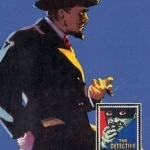
Detective Club: No. 113: The Blackmailers: Dossier
Emile Gaboreau, Richard Dalby and Ernest Tristan
Book
Monsieur Lecoq of the French Surete is called to investigate a Bank Robbery in one of the world's...
TravelersWife4Life (31 KP) rated The Red Ribbon (True Colors #8) in Books
Feb 23, 2021
The Red Ribbon had great character build-ups, sweet moments, and mystery on every page. Ava and Jeremiah were an interesting couple that kept me engaged swept up in the story with them. The story itself was well written and a great mystery; I am glad Pepper Basham chose to write about this mystery as I had not heard of it before. I think because the story was based in her backyard that Pepper Basham was able to bring a lot of realism and vivid descriptions to town life, the Blue Ridge Mountains, to the character's actions. Fans of mysteries need to put this on their TBR pile as it will give them a very interesting story to read!
I give this book 5 out of 5 stars for the great characters, the intriguing mystery, and for the well-developed storyline that pulled me in and would not let go.
*I volunteered to read this book in return for my honest feedback. The thoughts and opinions expressed within are my own.
Jean-Pierre Gorin recommended The Honeymoon Killers (1970) in Movies (curated)
Merissa (13668 KP) rated Tortured With Love The True Crime Romance of the Lonely Hearts Killers in Books
Sep 24, 2020
Ray was married but his wife and children were in Spain. Martha was divorced with two children and felt old. Her life changed when her friend signed her up for a correspondence dating agency and Ray wrote to her. He was already scamming women at this point and Martha was next in line.
Now, don't get me wrong, I'm not saying Martha Beck was an innocent. No, I think she knew perfectly well what she was doing. It's just her love and infatuation with Ray was too much and she would do anything for him.
I thoroughly enjoyed every word of this book. Written in such a way as to be educational and informative, it was such a gripping story I read it in one sitting. The thing I love about J.T. Hunter's books is he doesn't just go for the 'glory' story. Instead, every book I have read by him has been thoroughly researched, giving the reader more information about whichever subject he is talking about. This one is no different.
A fantastic True Crime read that I have no hesitation in recommending.
* A copy of this book was provided to me with no requirements for a review. I voluntarily read this book, and the comments here are my honest opinion. *
Merissa
Archaeolibrarian - I Dig Good Books!
Lyndsey Gollogly (2893 KP) rated All the Dead Girls in Books
Jun 10, 2020
Kindle
All the Dead girls ( Graveyard Falls book 3)
By Rita Herron
When a violent storm hits Graveyard Falls, it unearths the unimaginable: skeletons of teenage girls, each dressed in white and holding a candle. It's clear to FBI agent Beth Fields that this is the work of a long-standing killer - but could it be the one she escaped years ago? She has no memory of the man who held her captive and murdered her friend. But even though someone was jailed for the crime, she's always feared that the real killer is still out there...waiting and watching.
Ian Kimball never believed his stepfather was guilty of Beth's kidnapping or the slaying of two local girls. Now Graveyard Falls's sheriff, he's determined to catch the true perpetrator. And when more young women go missing, he realizes he needs Beth's help. She is nothing like Ian expected, and everything he desires. But if they have any hope of finally ending the killer's reign of terror, Beth and Ian will need to put everything aside, including their past, their mistrust, and their growing attraction...
I loved this one and never ever want to visit Graveyard Falls! This had me guessing right to the end but once I saw Milo talking to Vanessa I thought Gotcha!!! It was a good thriller it’s good to see Beth being let to put her demons to bed!
Good read,fast paced and good storyline
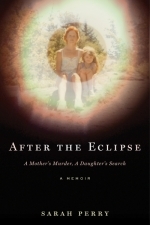
After the Eclipse: A Mother's Murder, a Daughter's Search
Book
A fierce memoir of a mother's murder, a daughter's coming-of-age in the wake of immense loss, and...
Biography memoir true crime
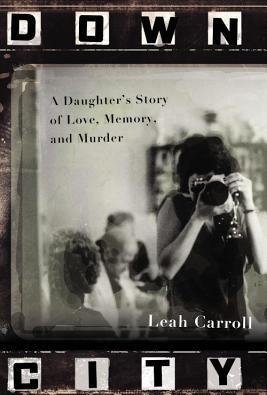
Down City: A Daughter's Story of Love, Memory, and Murder
Book
A gripping narrative built of memory and reportage, and Leah Carroll's portrait of Rhode Island is...
True Crime Memoir Mother-Daughter Father-Daughter Rhode Island
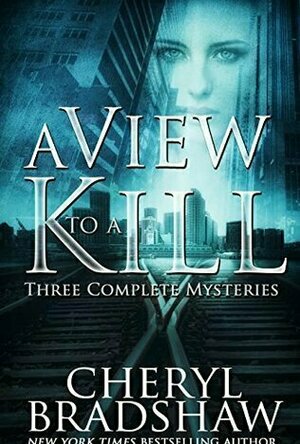
A View to Kill
Book
The Devil Died at Midnight The devil is in the detail. When true-crime writer Alexandria...
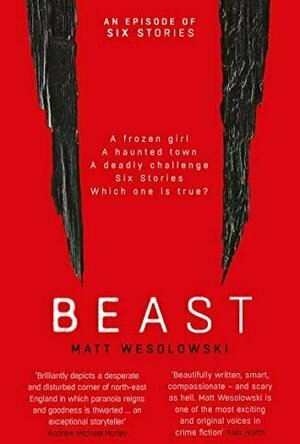
Beast (Six Stories, #4)
Book
A frozen girl A haunted town A deadly challenge Six Stories Which one is true? In the wake of...
